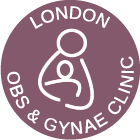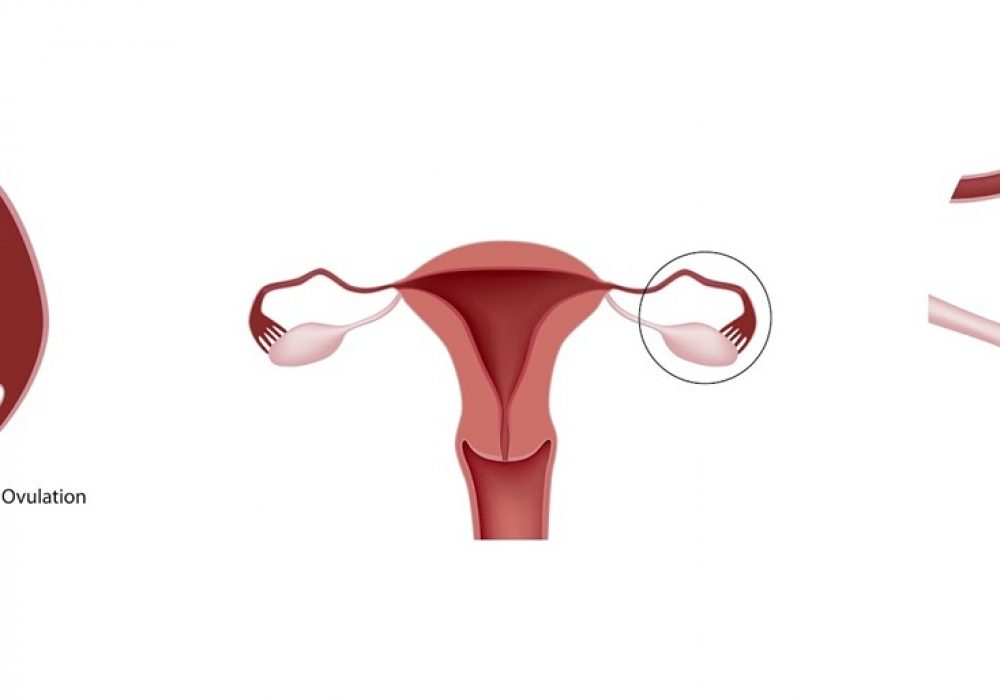Treatment will depend on the symptoms, age, severity of the condition, desire for pregnancy and associated health conditions.
Modalites of treatment include:
- Weight loss and diet control
- Oral contraceptive pills to treat period irregularities, hirsutism and acne
- Metformin (Glucophage) to treat diabetes as well as decreasing androgen levels and enhance ovulation
- Surgery - laparoscopic ovarian drilling helps in decreasing polycystic changes and can improve infertility, hirsutism and acne. Mechanism and long term effects have not been significantly substantiated.

